Solar Farms – EP1HS, Breeding Bird, Badger, Water Vole and Great Crested Newt Surveys
In recent years the UK has seen a huge increase in the number of solar farms using ground-mounted Photovoltaic (PV) panels. However, this increase slowed from April 2015 following the closure by the government of the subsidy scheme for large scale (>5MW, enough to power 2,500 homes) solar developments. With further subsidy cuts for those developments <5MW planned for April 2016, it is expected that the number of new solar farms will unfortunately continue to fall.
There is currently limited research into the long-term ecological impacts of these developments, although it is thought that assuming appropriate consideration is given to the development location and the species / habitats present, effects should be generally insignificant. Indeed, there is often the potential to offer ecological enhancements as part of the development through the implementation of a Biodiversity Management Plan.
In 2015 BiOME completed surveys in relation to a number of proposed solar developments in Wales and England. These surveys included Extended Phase 1 Habitat Surveys followed by dedicated breeding bird surveys, Badger Meles meles, Water Vole Arvicola amphibious and Great Crested Newt Triturus cristatus surveys which informed the Ecological Impact Assessment which was submitted in support of the planning applications.
Photo: Great Crested Newt (and a Great Diving Beetle Dytiscus marginalis) within a bottle trap, caught in Wales
Photo: A drainage ditch within a proposed solar farm site that was surveyed for Water Voles


